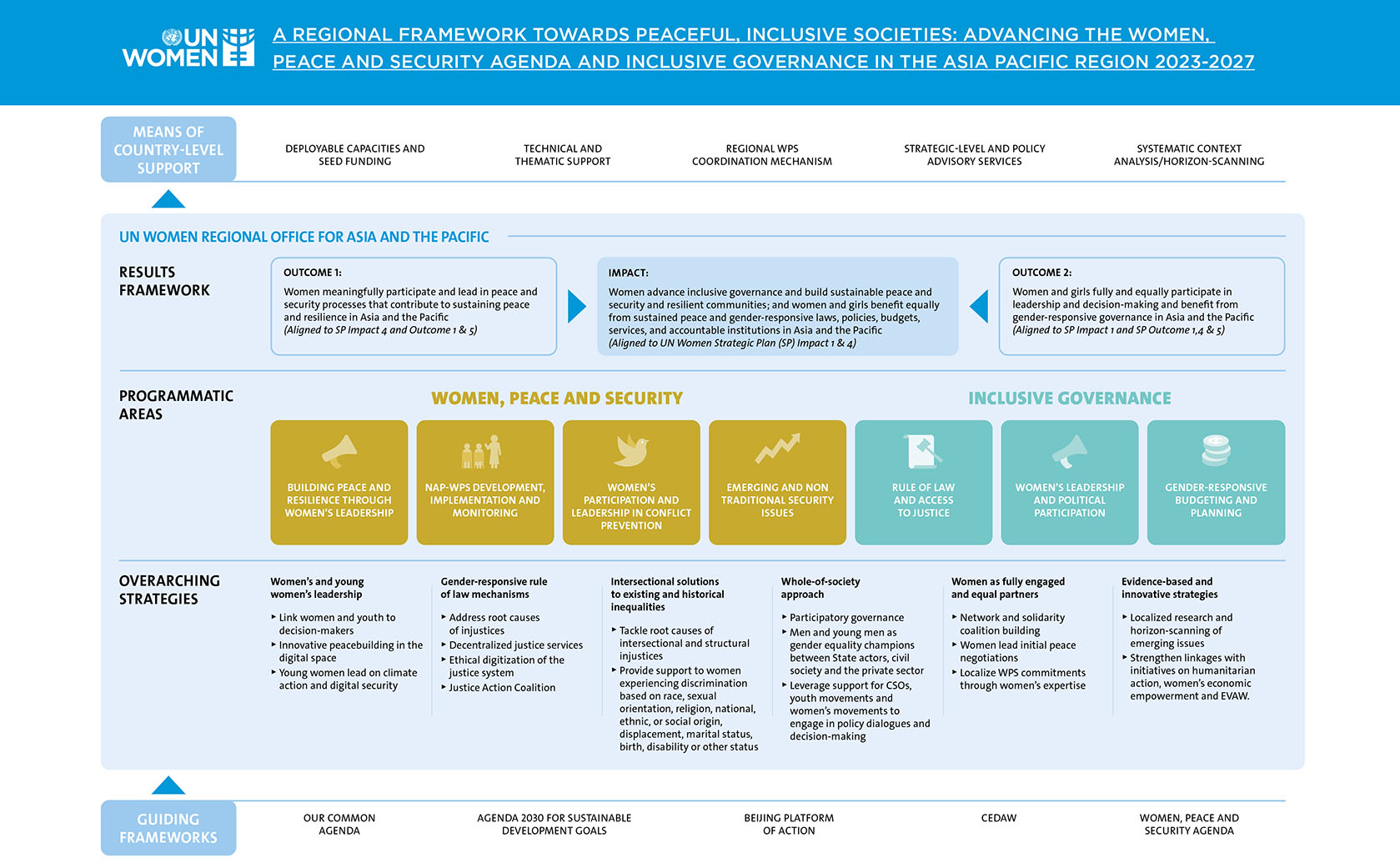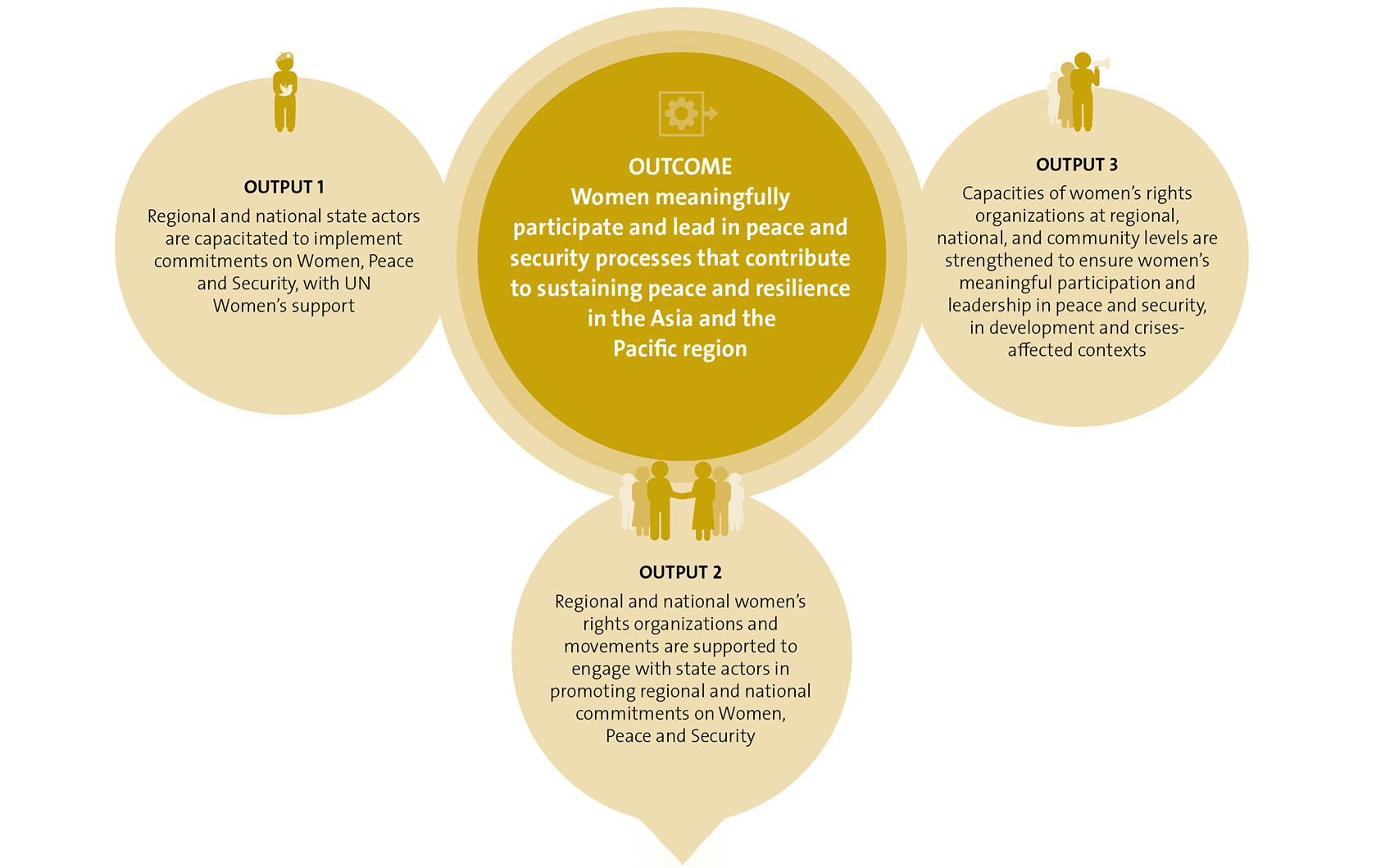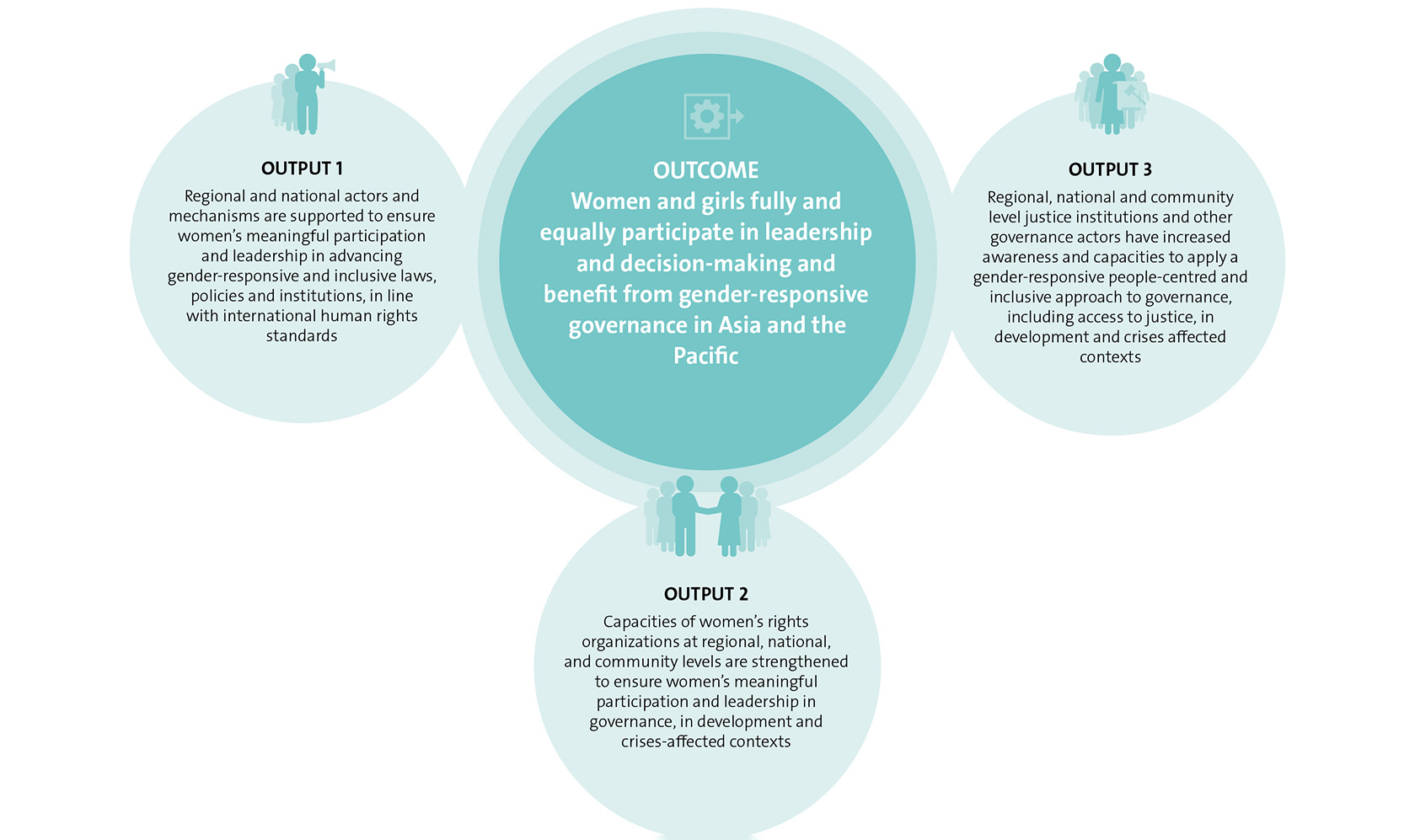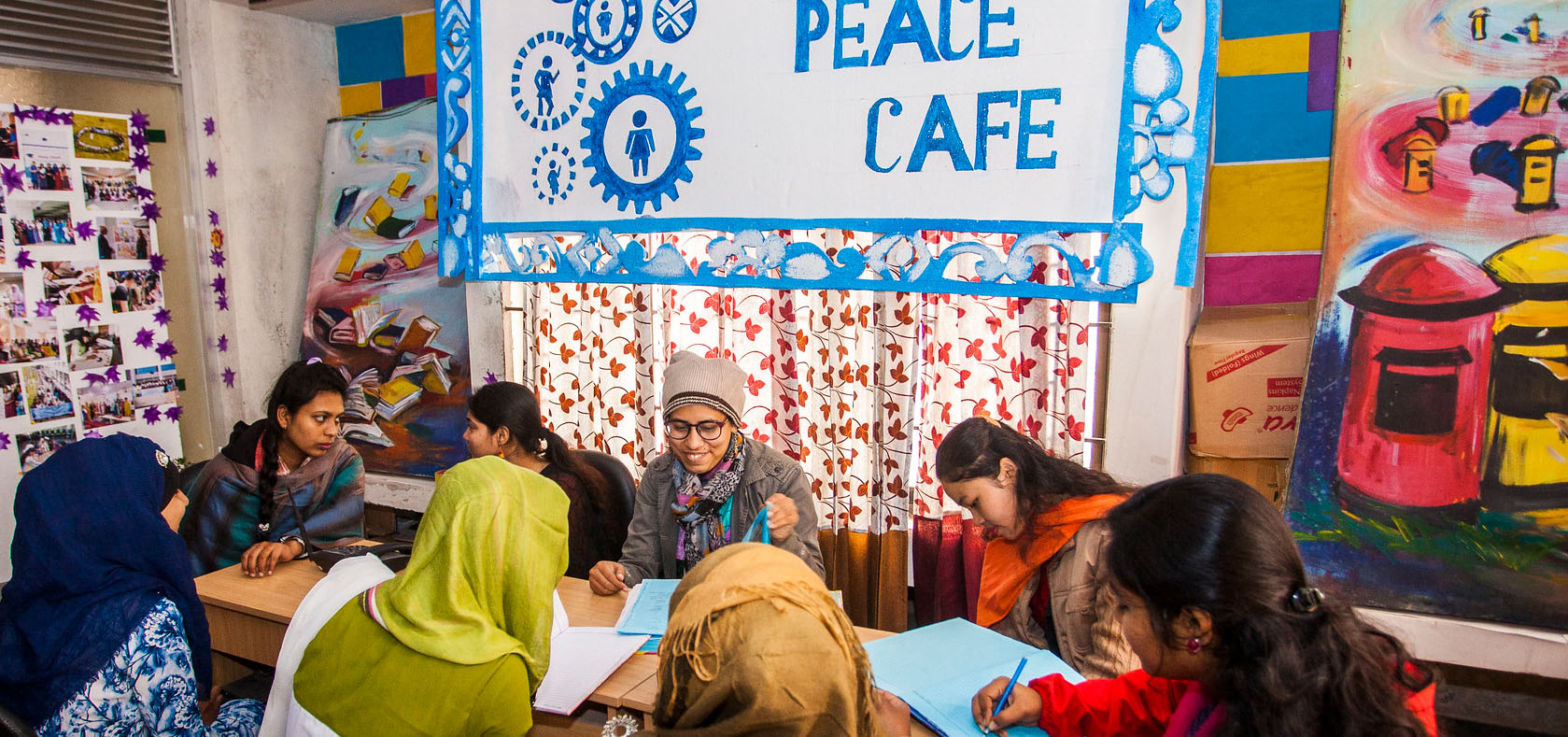
Photo: UN Women/Fahad Kaizer
Over the past 20 years, countries in Asia and the Pacific have made substantial progress in furthering the Women, Peace and Security (WPS) agenda. Thirteen countries in the region have developed WPS National Actions Plans, and the Association of Southeast Asian Nations (ASEAN) adopted a Regional Plan of Action for WPS in 2022. However, critical gaps remain between the ambitions expressed by international commitments and the actual political will and financial support given to WPS efforts. This is partly because women continue to be excluded and under-represented in all aspects of decision-making in the region. Moreover, the nature of conflict and its drivers have shifted; the gender dimensions of non-traditional security risks, including climate change, cybersecurity, and violent extremism, pose new challenges that require innovative responses and solutions.
Women have furthermore struggled to participate and lead in governance and all levels of decision-making processes for decades. Despite progress, the Asia-Pacific region has some of the lowest rates of women’s representation in parliaments in the world. In 2024, only around one in five parliamentary seats in the region is held by a woman. Gender inequality in the region translates into weaknesses in existing governance systems, and may also contribute to a deepening trust crisis between people and the institutions that serve them, with many feeling left behind and no longer confident that the system is working for them. A significant rethinking of women’s leadership across all aspects of governance is key to advancing both gender equality and building more just, peaceful, and resilient societies.
Drawing on two decades of lessons learned and coalition building, UN Women is committed to continuing to build the evidence base on WPS and inclusive governance, particularly on emerging issues, and to leverage good practices to deliver change. Working as part of an integrated team of governance and peace and security experts, UN Women in Asia and the Pacific region will ensure strong linkages and integration among WPS goals, complementing efforts to promote inclusive governance, the rule of law and women’s access to justice.
UN Women’s Approach and Solutions
Regional Framework Towards Peaceful, Inclusive Societies: Advancing the Women, Peace and Security Agenda and Inclusive Governance in the Asia-Pacific Region (2023-2027)
In partnership with the Governments of Australia and the Republic of Korea, UN Women has launched a Regional Framework Towards Inclusive and Peaceful Societies, outlining strategies to tackle the most pressing governance and peace and security challenges across the Asia-Pacific region.
Through the regional framework's two pillars, UN Women is employing the following overarching strategies:
- Ensuring that women’s and young women’s leadership are at the core of governance and peace efforts across the region.
- Providing technical support and advocating for the adoption and implementation of gender-responsive rule of law mechanisms which tackle root causes of institutionalized inequalities.
- Adopting intersectional solutions to existing and historical inequalities, ensuring that inequalities, including those based on race; sexual orientation; religion; national, ethnic or social origin; displacement; marital, birth, disability or another status, are redressed.
- Employing a whole-of-society approach to governance and peace efforts, engaging a wide spectrum of stakeholders including civil society and the public and private sectors.
- Ensuring that women are fully engaged as equal partners in change-making processes by supporting network and coalition building and leveraging women’s expertise and local knowledge.
- Employing evidence-based and innovative strategies, by conducting diligent and regular context analysis while exploring opportunities for cross-sectoral collaboration.
For more information, please refer to the overview of the Regional Framework below and the brief Overview of the Regional Framework Towards Peaceful, Inclusive Societies: Advancing the Women, Peace and Security Agenda and Inclusive Governance in the Asia-Pacific Region (2023-2027).
1. Women, Peace and Security
To effectively meet peace and security needs across Asia and the Pacific, UN Women is working to ensure that women’s leadership is at the core of traditional and emerging security issues. To realize this vision, UN Women provides support to collaborations and partnerships among regional and national state actors and women’s organizations and movements that work to advance WPS commitments. Recognizing the specific expertise and needs of young women peacebuilders, UN Women provides tailored support that enhances their opportunities to act as changemakers and leaders.
The persistent obstacles to the WPS agenda and emerging challenges have delineated priority areas of action to advance the WPS Agenda in Asia and the Pacific region in the coming years, including:
- National Action Plan on WPS development and implementation: Support entails technical assistance to support for the development and implementation of NAP processes while aligning efforts with the ASEAN RPA-WPS.
- Conflict prevention: Support women’s organizations and peacebuilders to tackle the root causes of conflict and historical inequalities, including gender-sensitive conflict analysis, early warning mechanisms and community-led platforms.
- Emerging non-traditional security issues: UN Women will work with young women leaders and women’s organizations on climate-related security and cybersecurity policy development, research, data generation and tools.
- Building peace and resilience: To advance the WPS Agenda, UN Women will work to strengthen women’s representation and leadership in the security sector and will build the skills and knowledge of women peace-builders, peace negotiators and human rights defenders.

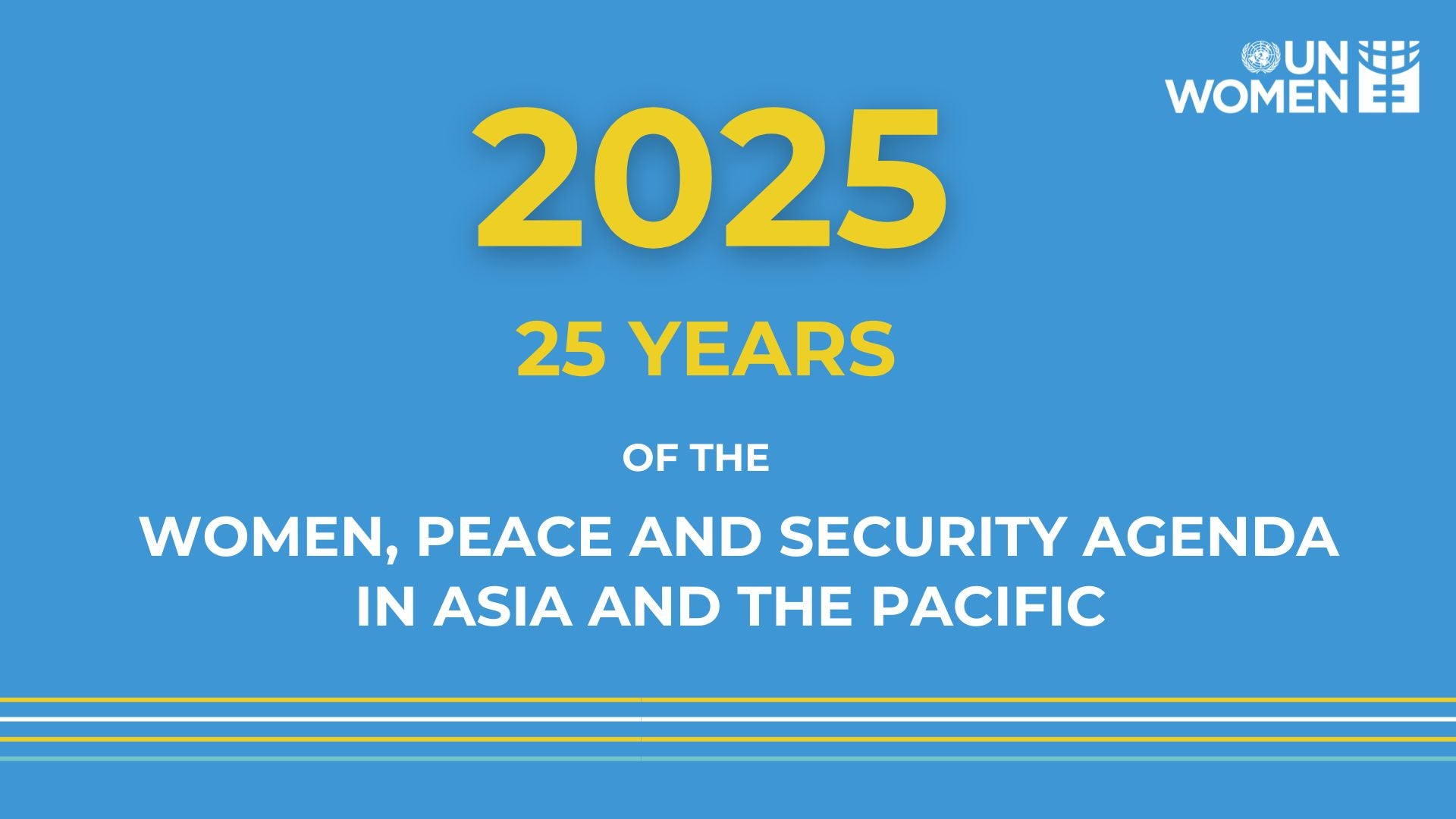
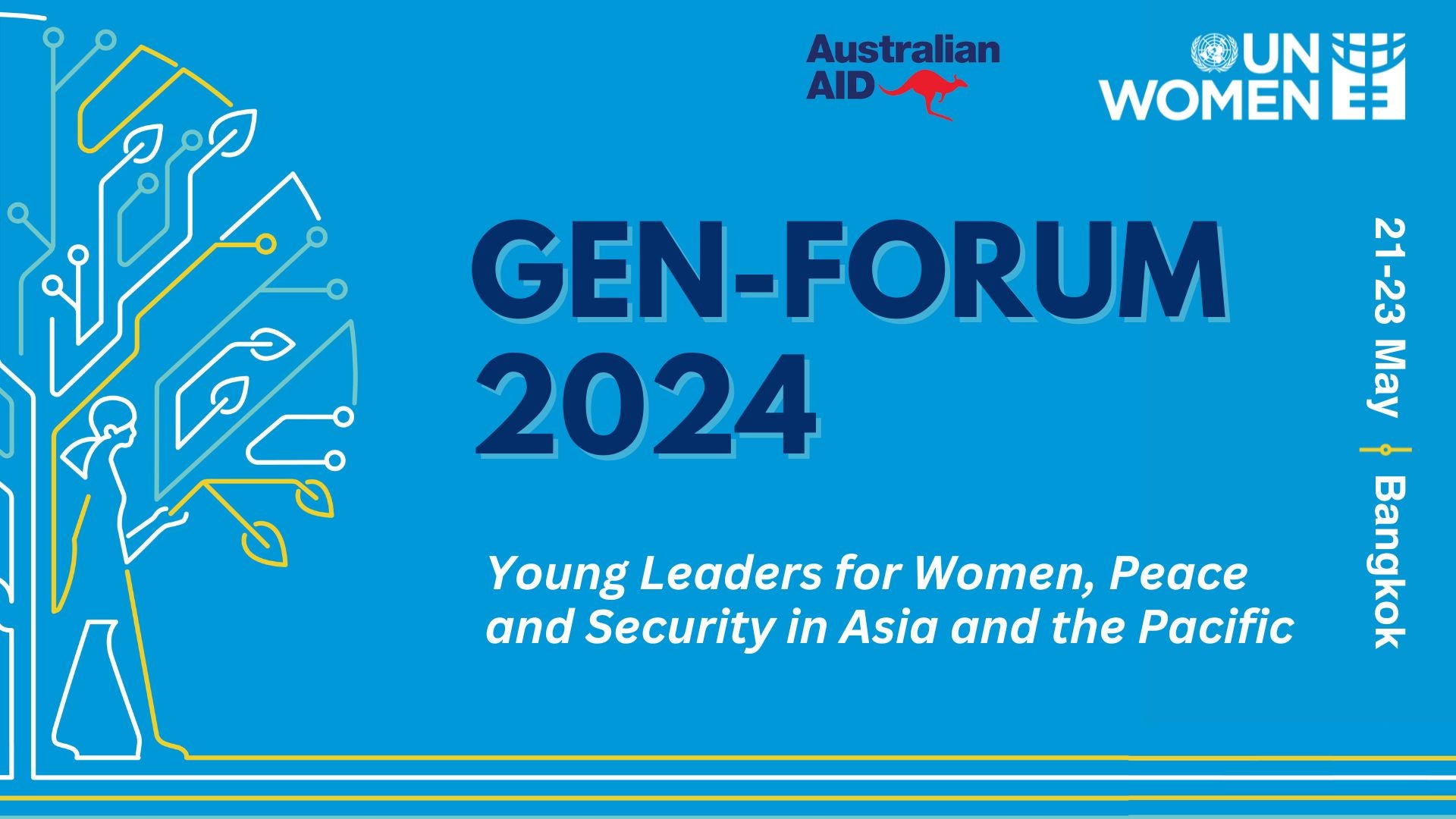
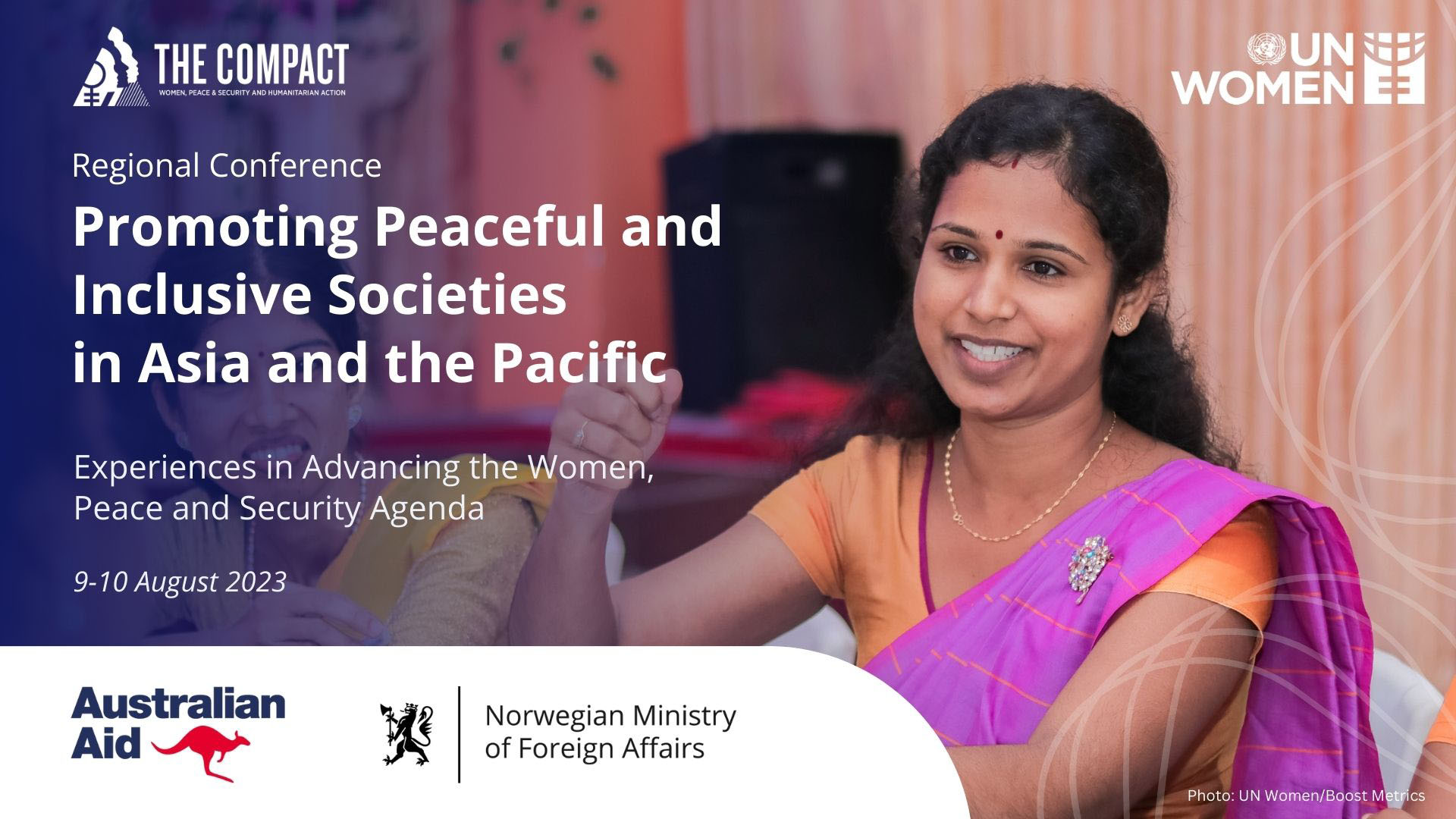
![[cover]](/sites/default/files/2023-05/ap-GPS-Regional-Framework-brief-960px.jpg?t=1683692685)
